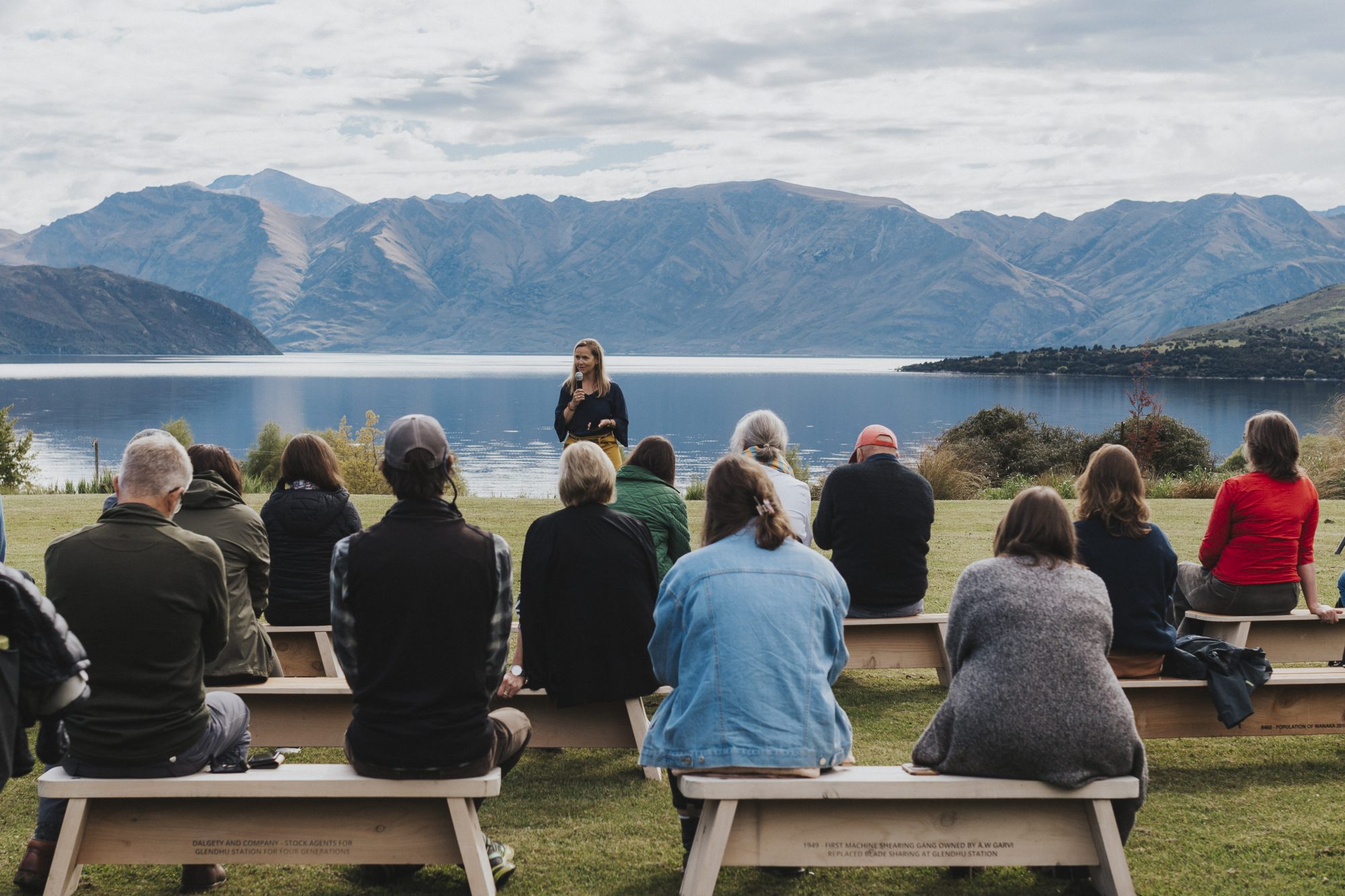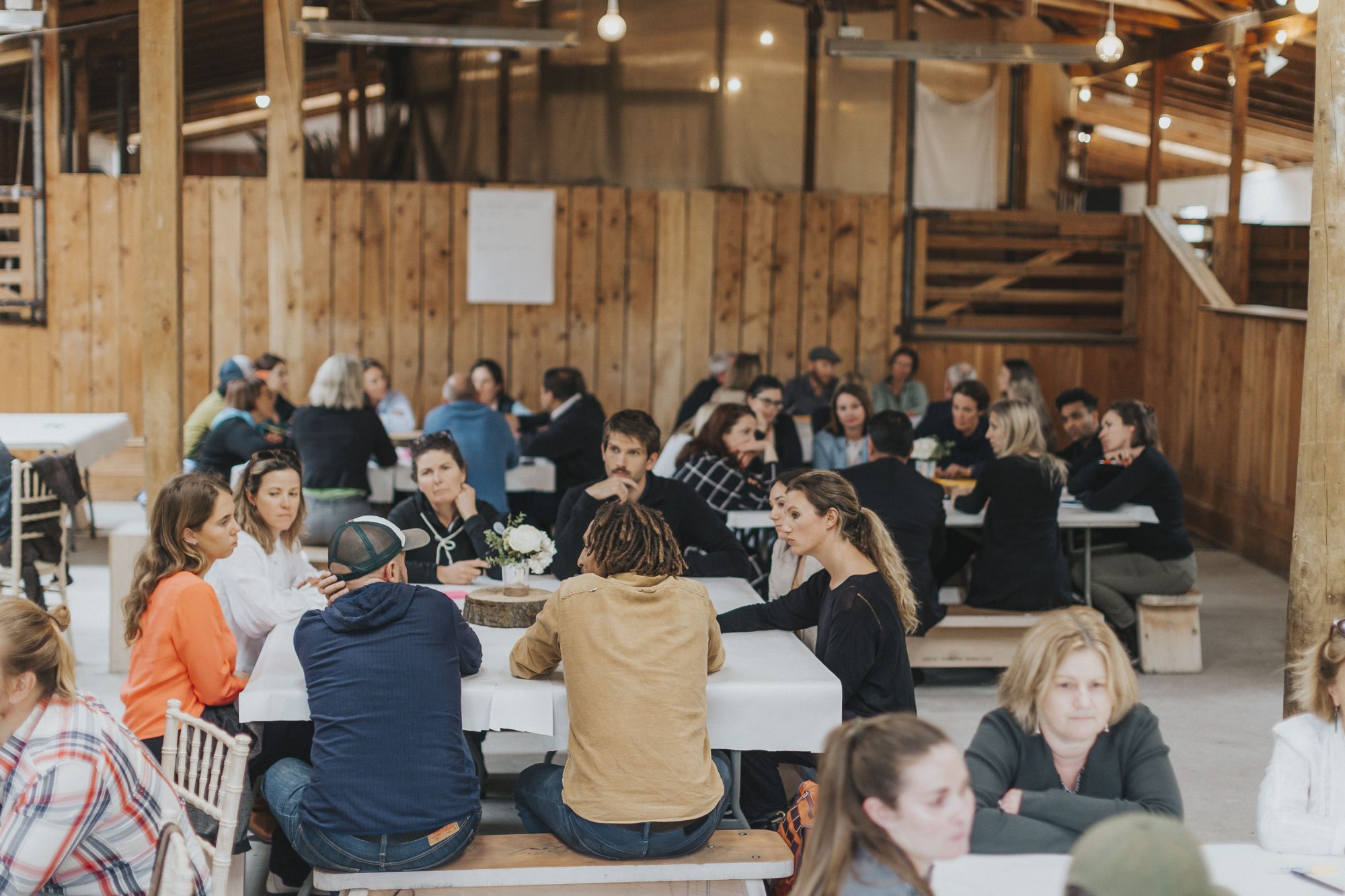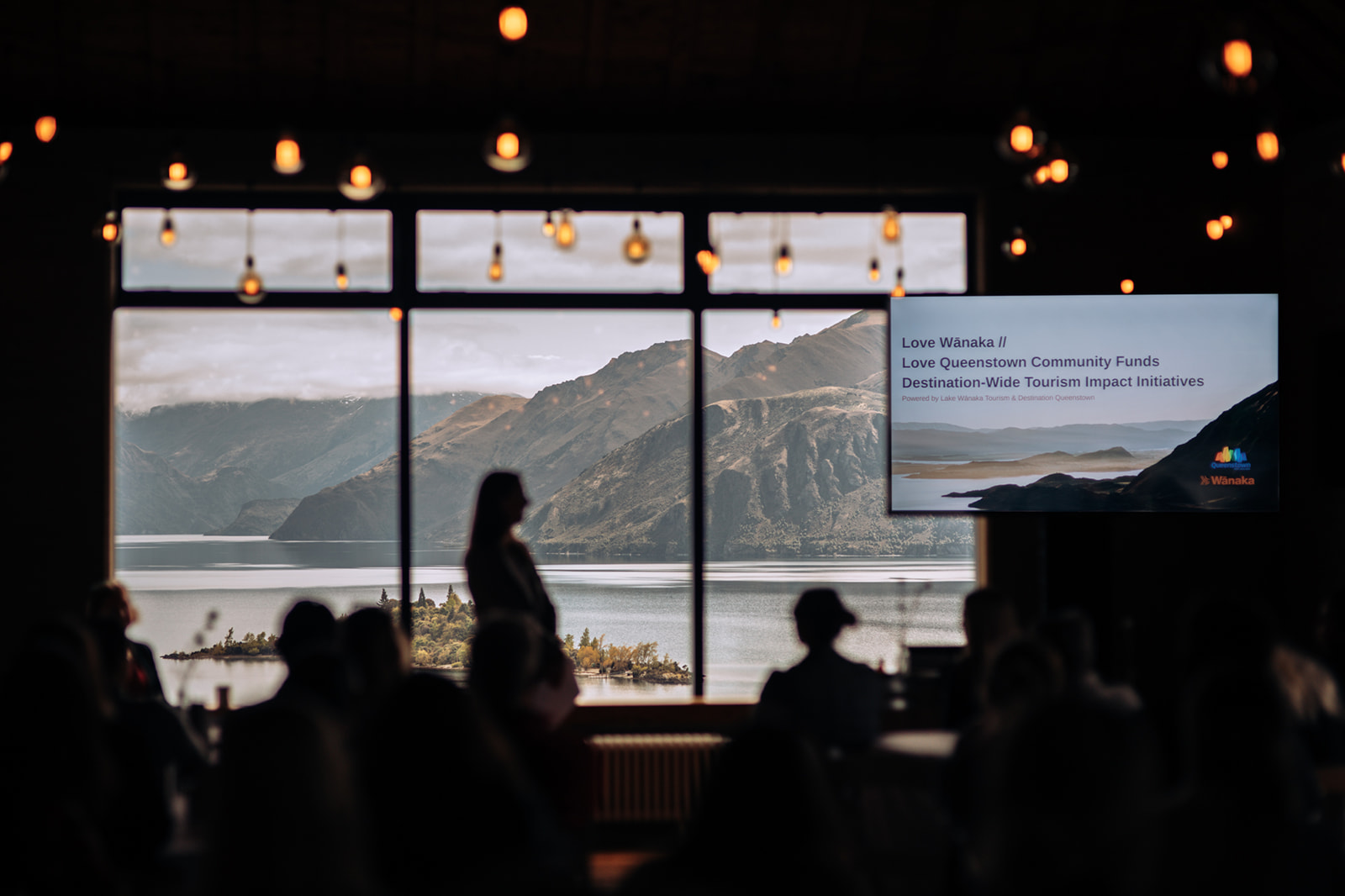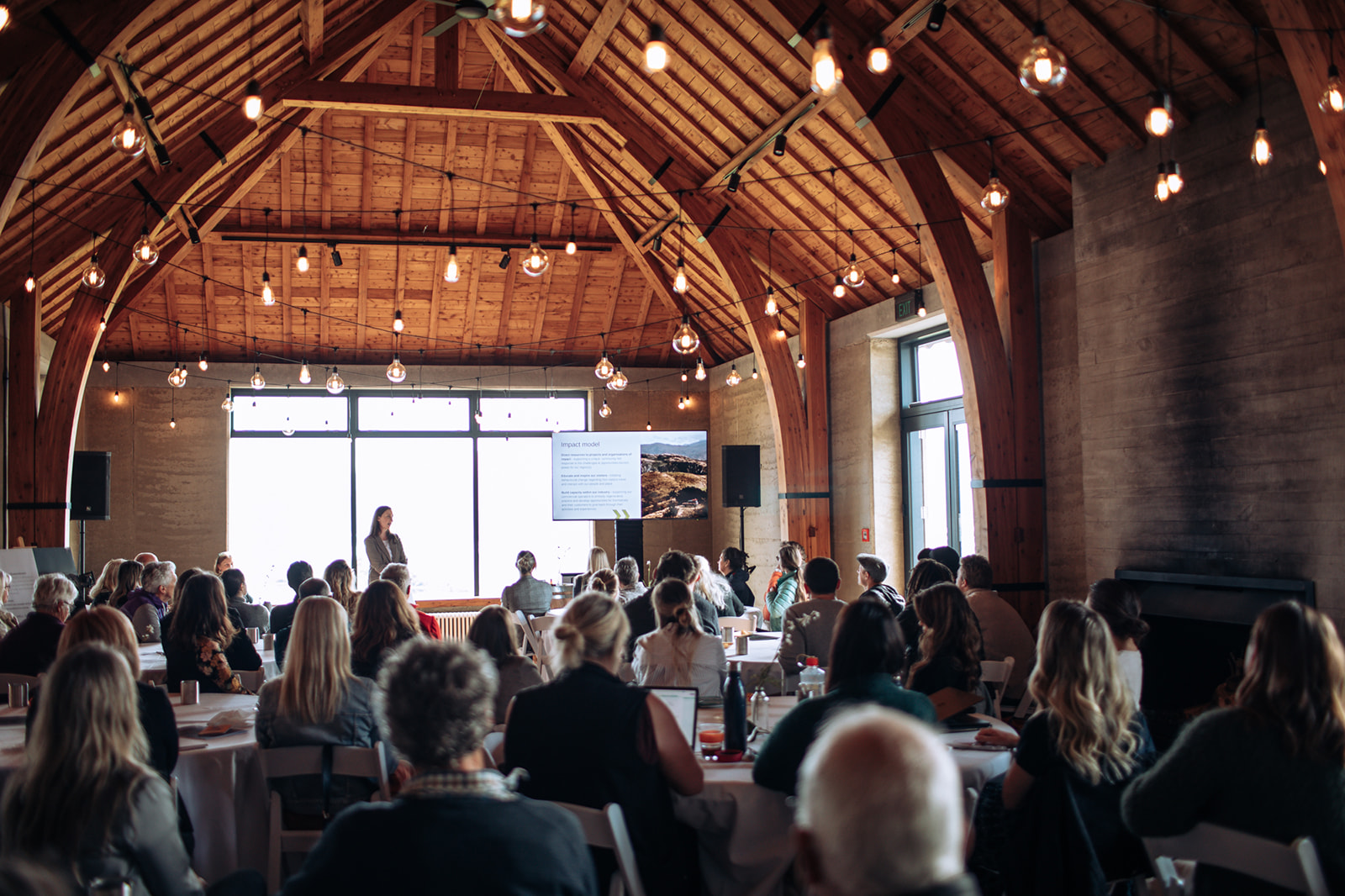In this Q&A we catch up with Monique Kelly and Arna Craig, the co-founders of Wao. Both are strong advocates for change at a local level and are the types of people who put theory into practice and words into action.
MK: Born and raised in Invercargill, I’ve worked for a number of years with the International Labour Organisation in Geneva before coming to New Zealand in 2014 to be closer to my parents and give my kids a taste of the kiwi way of life.
MK: The mindset shift has been massive. Back in 2018 when we started Wao, most organisations and individuals did not even have climate change impacts on their radar. We’ve seen a shift from thinking not only of reacting to the challenges of increased warming, but beyond that to taking up the challenge of thinking about what a regenerative future would look like.
AC: Last year we focused on collective action, and this year we really wanted to add a positive emphasis to our messaging. Collaborative efforts are more effective in addressing the climate crisis than individual actions alone. Better Together highlights the power of unity in creating a sustainable future, emphasising that collaborative efforts can lead to more effective and enduring solutions to climate change.
AC: Community engagement is challenging, especially with the day-to-day difficulties many families face in the current economic climate. However, there are tremendous benefits to adopting climate-friendly practices that can also boost economic well-being. We aim to connect those striving to improve their daily lives with those already leading the way, highlighting the financial and environmental advantages. Food Resilience Day is a prime example of how rethinking the way we produce and consume food can create significant benefits for both individuals and the wider community.
AC: Choosing the topics was a simple process as each theme is connected to one of the Wao workstreams. We work in these sectors because changing systems thinking within them will lead to the greatest positive climate impact.
AC: It is hard to choose a handful of key speakers to showcase, as we have so much talent here in our community and also coming especially for the summit. My suggestion would be for anyone interested in attending to take a look at our speaker lineup and attend a session with someone who interests them. A must-see panel will be those speaking at the 2050 event at Rippon on Tuesday 29th October. This session will really set the scene for the week to follow and asks some big questions.
MK: If we think of where we are now, we are in deficit in our global accounts. According to a recent study, six of the nine planetary boundaries have been exceeded. From a social perspective, climate and conflict are putting pressure on social goals such as eradication of poverty, food resilience and education. Achieving a sustainable society is like having zero in the bank. Our outgoing expenses equal our incoming and we are in balance with our planet and people. Regeneration is where we help create a system that is designed to give back more than it takes away, essentially putting money back into the account. We not only reach balance, but go beyond to create a thriving planet.
MK: We have two key challenges – mitigation and adaptation. If we think of a coconut in a vice that is slowly closing, the first thing we need to do is stop the vice from closing any further. This is mitigation. To stop further damage, we need a systems shift in society. Grassroots is where change begins and momentum builds to shift systems. Our actions ripple upwards to influence the government, not vice-versa. The stronger we act, the quicker they will react. Second adaptation. The negative impacts of climate change will be felt strongly at the local level, whether it be acute events such as floods or fire or longer events such as drought or food resilience. We need to build resilience locally to adequately deal with these events.



